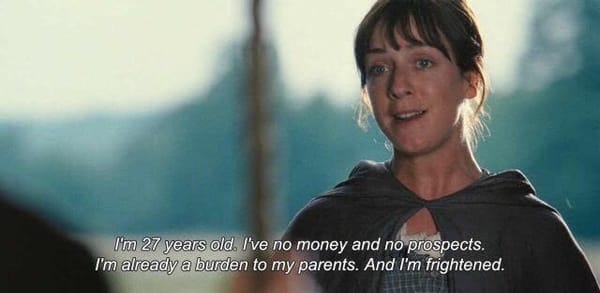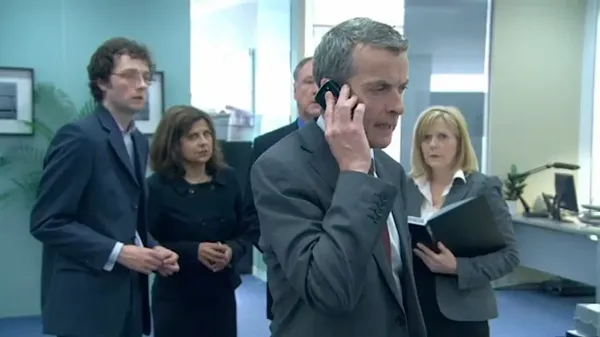🙋 #268 - Get yourself out there
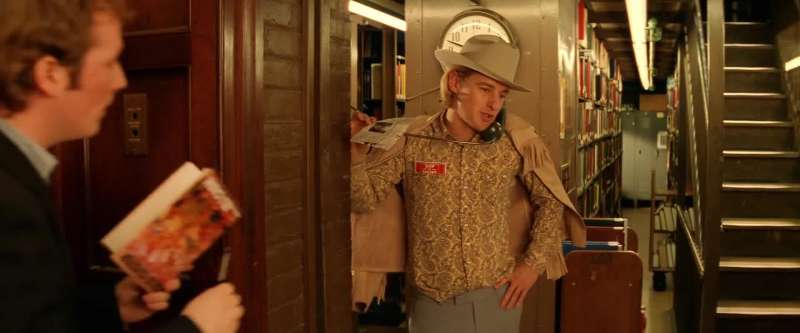
In an episode of Tim Harford's podcast Cautionary Tales, Tim narrates the biography of William McGonagall, aka The Worst Poet in the World. But the focus of the story isn't on the quality of his writing, but the ferocity with which he pursued it and promoted himself. McGonagall confidently tried to gain access for himself and his writing to the premier audiences and publications of that time.
For decades after his death, he was largely derided for his work, but Harford asks us to consider that his poems have outlived him in the public eye, and that perhaps all of his hustling was an early form of performance art.
On BlueSky, Wendy Xu finds a different perspective on creative success:
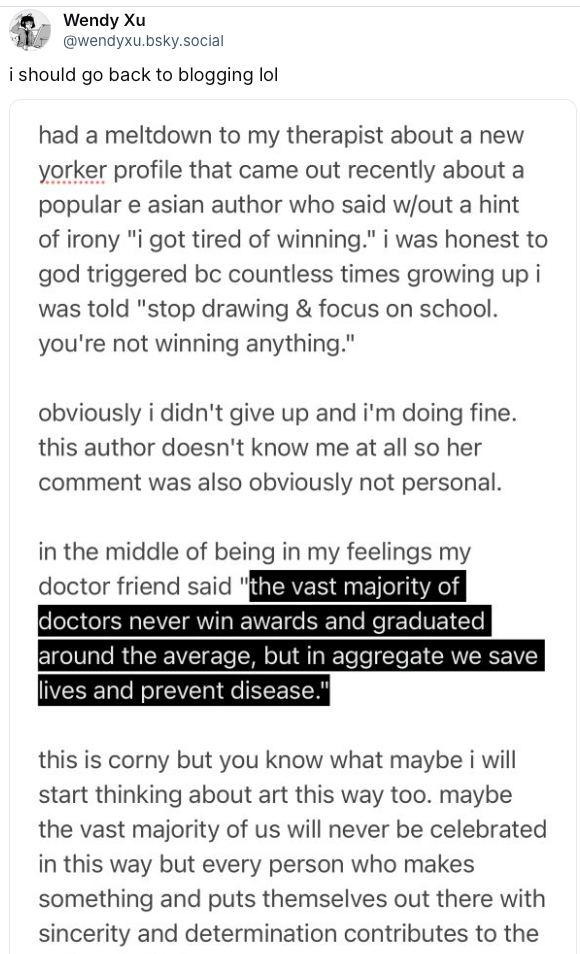
Do you feel like your writing matters?
Do you feel successful at your craft?
If you answered no to either of these, please consider the role of your personal reality distortion field. You don't just write stories. You narrate your own story.
Christina Feldman draws on Buddhism to confront negative self-talk through three questions to ask an intrusive thought:
- “Is it true?”
- “Is it useful?”
- “Is it rooted in love and compassion?”
Arthur C. Brooks covers how to confront perfectionism caused by being wired to believe that love "can be earned only through constant toil and exceptional merit." Eric Barker draws on schema theory and Wittgenstein to offer strategies to change your reactions to the negative propaganda machine in your head.
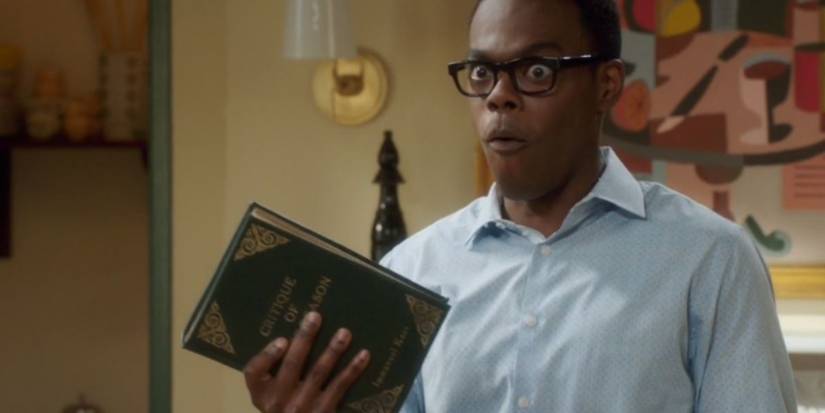
These self-defeating beliefs can strip the joy and energy from any stage of the writing process. Jami Attenberg suggests looking at starting a writing project as if it were boarding a ship:
The lesson is to not jump off the ship before you make it to the other shore. I think one of the things that I say in there is do not jump off the ship, do not apply to law school before you make it to the end of the journey. It's a long road from beginning to middle to end of a book, but it’s worth it. It’s worth the ride. It's worth making it to the other side because once you get to the end, you can fix it. I think that there is this need or insecurity in people where they feel like every word has to be perfect as they go along, and that's just simply not the case. You really just have to make it to the end, and then go through, and then edit things when you get there. It's about I think the book itself, and what I really believe is that we need momentum in our writing to get us to the end.
Verlyn Klinkenborg offers a similar statement about the friction of perfectionism and self-doubt in Several Short Sentences about Writing:
"Natural," like flow, is also an effect in the reader's mind.
It doesn't describe the act of writing.
It describes the effect of writing.
And like "flow," "natural" is one of the words behind writer's block.
So let's suppose there's no such thing as writer's block.
There's loss of confidence
And forgetting to think
And failing to prepare
And not reading enough
And giving up on patience
And hastening to write
And fearing your audience
And never really trying to understand how sentences work.
Above all, there's never learning to trust yourself
Or your capacity to learn or think or perceive.
People will continue to believe that writing is natural.
This harms only writers who believe it themselves.
The fear of failure. The belief that if anything isn't perfect, your writing won't be worthy of appreciation. The resignation that if something isn't coming to you in a clean and simple way that it's not meant to be. These are some of the reasons that keep writers from putting themselves and their work out there.
Adam Mastroianni suggests a different perspective on passion and having a calling, shying away from the expectation of constant blissed out vibes. He thinks a thing you're truly passionate about should be a little irritating, and that people need to find the things that annoy them just enough that we can't help but work to fix them.
Give yourself permission to feel annoyed. Just not at yourself.
👋 Are you new here?
Inneresting is a weekly newsletter about writing and things that are interesting to writers. Subscribe now to get more Inneresting things sent to your inbox.
And if you can't wait until next week for more Inneresting, check out the Quote-Unquote Apps Blog where we keep previous issues and other posts about screenwriting and things interesting to screenwriters.
Previously on Inneresting…
In case you missed it, in our last issue's most clicked link Anne Louie Sussman looks at the patterns you see when people enlist the help of LLMs in dating apps.
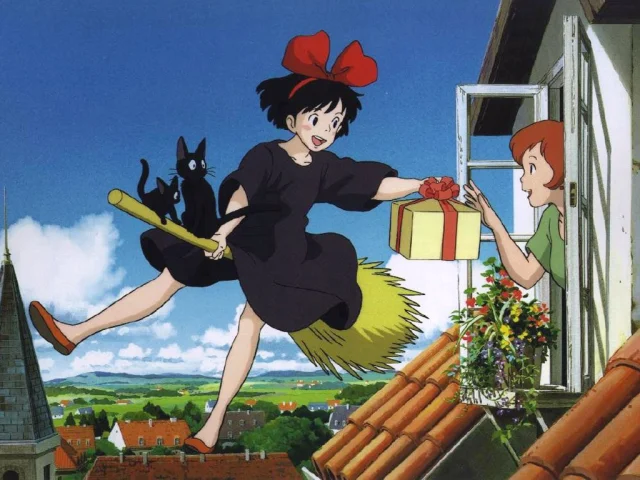
What else is inneresting?
- What if I told you you could listen to an extended playlist of Studio Ghibli music for days? Perfect to listen to while you’re studying, writing, or cleaning out your new house and discovering something strange and whimsical.
- Jermaine Clement and Matt Berry share a VHS-era styled infomercial on the Orchid digital synthesizer.
- Geologist Alex Acks explains why none of the mountains in Middle Earth make any sense (and also shares a primer on plate tectonics).
And that’s what’s inneresting this week!
Inneresting is edited by Chris Csont, with contributions from readers like you and the entire Quote-Unquote team.
Are you enjoying this newsletter?
📧 Forward it to a friend and suggest they check it out.
🔗 Share a link to this post on social media.
🗣 Have ideas for future topics (or just want to say hello)? Reach out to Chris via email at inneresting@johnaugust.com, Bluesky @ccsont.bsky.social, or Mastodon @ccsont@mastodon.art
Post-Credits Scene
Because, in all seriousness, how you gonna do it if you really won't take a chance?


